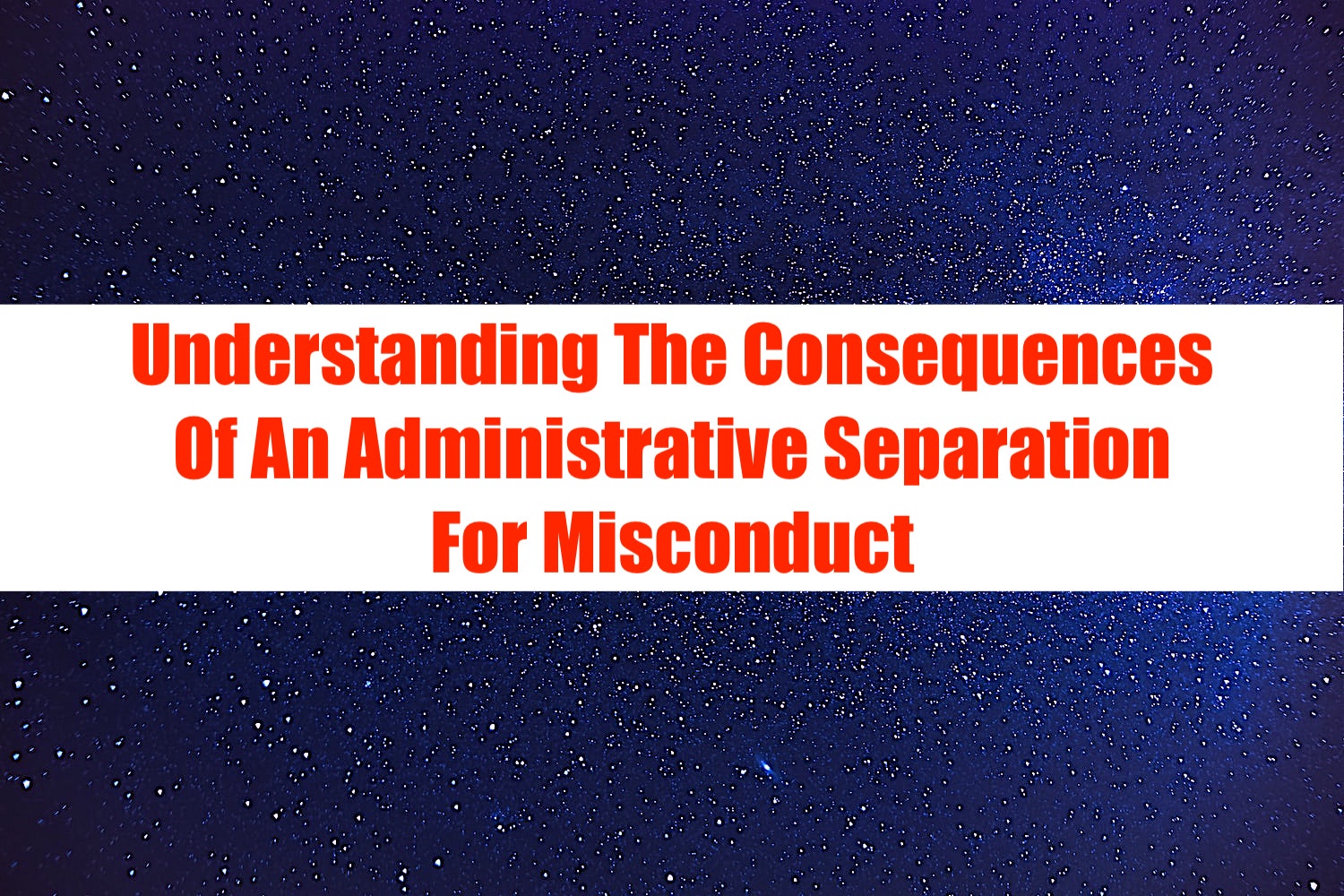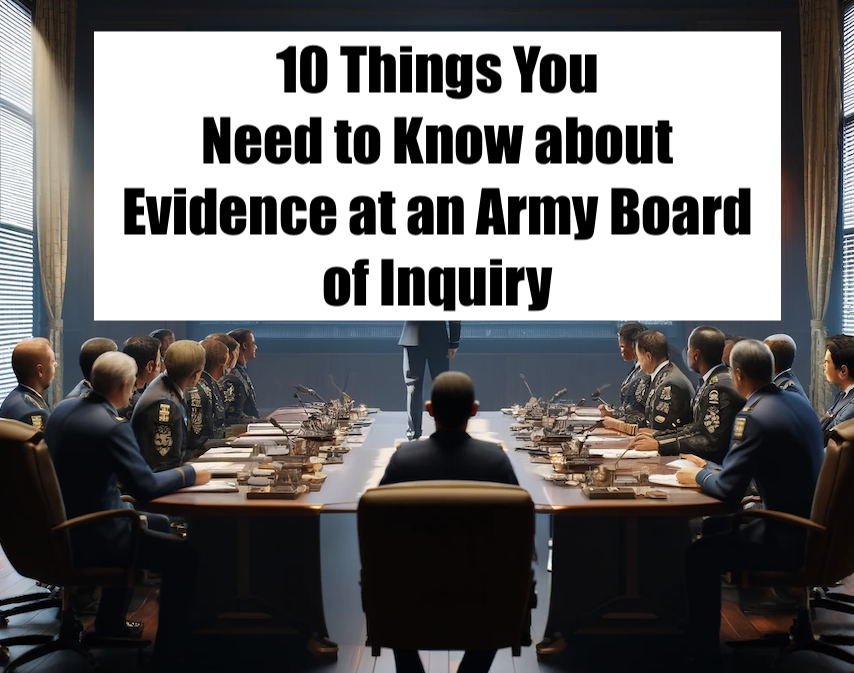Has DFAS Ever Paid Anyone Properly?
Anyone who has ever received pay and allowances from the government either has personally known an error or has known a buddy who struggled with pay issues; sometimes overpayment and sometimes absence.
Pay Issues and Legal Issues
In 2016, the firm represented a client who had experienced issues in his pay since he transitioned from the Marine Corps to the Army. Some error on the part of the finance office resulted in him receiving credit for more years in service and an increase in pay and allowances. For years he periodically tried to correct the issues, and dutifully set aside the amount of pay and allowance overage into a separate account. The finance office personnel at each base where he was stationed were ill equipped to help him and kept shuffling him to different agencies, none of which could solve the issue.
Financial personnel explained their belief that they were unable to generate the “debt” for the client to repay unless military law enforcement concluded there had not been fraud. The finance office manager notified Army CID via an audit of his pay, which triggered a full-blown military law enforcement investigation. Suddenly the would-be client was facing allegations of larceny and fraud. Upon hiring we painstakingly retrieved records and emails to document all of his attempts to correct this issue, obtained affidavits from key personnel who all corroborated the client’s recounting of his efforts to ensure he was only receiving entitlements to which he was owed.
My confidence in the justice office waning, I authored a detailed legal analysis memo outlining why there was no probable cause the client had committed any misconduct. I feared that the E-6 promotable client would end up with a forty-year stain on his criminal history, lose his earned promotion, and never see another.
We turned over financial banking records to demonstrate the funds had been set aside, the contrary to any intent either to permanently or to temporarily deprive the government of the monies.
Finally, something clicked with someone supervising the investigation, and the case was closed as unsubstantiated. One of their faulty requirements to close it unsubstantiated was for the client to pay back the unjust enrichment.
Had the client come to us early on, we may have been able to handle the case through an application to The Defense Office of Hearings and Appeals (DOHA).
An Additional Avenue
DOHA presides over several esoteric areas of law that few in the military are even aware of, including many military and civilian lawyers. One of the most impactful areas DOHA presides over is the settlement of claims for uniformed services pay and allowances. Under 10 U.S.C. § 2774, DOHA has the authority to waive collection of erroneous payments of pay and allowances if collection would be against equity and good conscience and not in the best interest of the United States, provided there is no indication of fraud, misrepresentation, fault or lack of good faith on the part of the member.
According to Department of Defense Instruction 1340.23 Enclosure 4, waiver is not appropriate when a member knows, or reasonably should know, that a payment is erroneous. Moreover, the member has a duty to notify an appropriate official and to set aside the funds for eventual repayment to the government, even if the government fails to act after such notification.
This means that the burden to notify the government they have made a mistake rests with the servicemember, and it also means that the servicemember is required to save the excess money and wait for the government to correct its error.
Financial hardship is not a valid basis for waiver even when the government paid too much and did not correct its mistake for a long time. The servicemember is expected to set aside that overpayment until the Army corrects its error. If the servicemember knew they were misleading the government and did not attempt to rectify the issue immediately, they could potentially face an allegation of Basic Allowance for Housing (BAH) fraud and face serious punitive consequences, including a court martial.
The overpayment may be the government’s mistake, but spending that money is the servicemember’s mistake, and it can lead to other serious consequences. Remuneration of money owed must be paid to DFAS to avoid liens and tax consequences. If an appeal to DOHA is unsuccessful, the collection of money is done by Defense Finance and Accounting Services (DFAS).
There are times where DOHA does waive a servicemember’s debt. One example is a recent DOHA decision where a servicemember and his family were residing overseas, but his wife and one child had to return to America. They received proper approval to return home while the member and his remaining family stayed overseas.
Since the member’s spouse returned to the United States, he was granted basic allowance for housing at the dependent rate (BAH-D) based on his spouse’s residence. However, it was later determined that since the member continued to reside in family quarters, he was not entitled to receive BAH-D based on his spouse’s residence.
As a result of this administrative error, the member was overpaid $43,534.00 for the BAH-D payments he received during the period October 3, 2016, through January 31, 2018.
DFAS recommended waiver of the claim because the member had no reason to know he was being overpaid. He completed all appropriate paperwork, and relied on his Command and Regional Personnel Administrative Center advice concerning his entitlements. Initially, DOHA concurred, and he received a partial waiver of roughly half his debt burden, in part due to the fact that he paid his spouse’s rent with the excess money.
The service member appealed the remainder of the debt to DOHA; this time he provided additional documentation that included grocery receipts, childcare and phone services spent for his family back in America. This time, the entire balance of the debt was forgiven.
Powerful But Seldom Used Approach
DOHA has incredible power to ease the financial burdens of military members and their families brought on by errors in pay where the member has tried to correct the issues at lower levels. Not every case qualifies, but I imagine that more qualify than members realize. Where collection of a debt would be against equity and good conscience and not in the best interest of the United States this agency has great power to set matters straight.
Despite the power this agency wields, few military or civilian practitioners know how to leverage circumstances to benefit uniformed clients. Contact the Firm for a fair appraisal if your military pay, BAH, or other entitlement issue is resulting in a “debt” on your Leave and Earnings Statement (LES).
You Might Also Like These Articles




